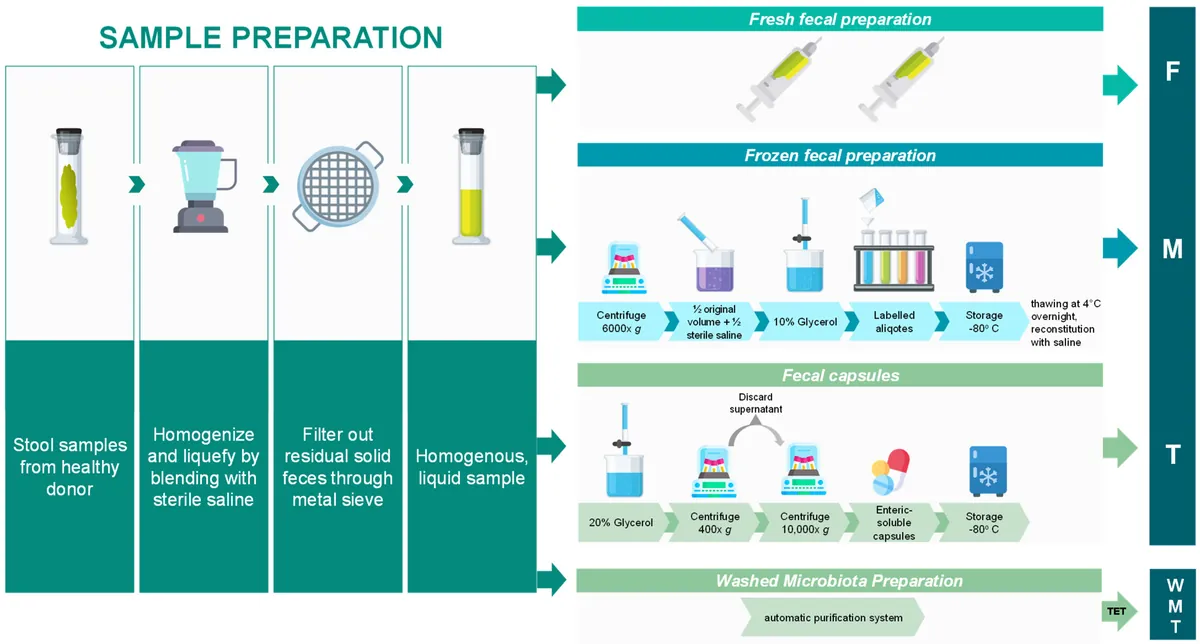A federal jury in Delaware has determined that Ferring Pharmaceuticals, a Swiss biopharmaceutical company, infringed on patents related to fecal transplant technology. The patents in question belong to Finch Therapeutics and the University of Minnesota. As a result, Ferring has been ordered to pay $25 million in damages and future royalties.
The case centered around Ferring's fecal-transplant therapy, Rebyota, which the jury found to infringe on patents covering related inventions licensed by Finch from the university. Rebyota received approval from the U.S. Food and Drug Administration in 2022, marking it as the first therapy of its kind for treating Clostridioides difficile (C. difficile) infections.
C. difficile infections are a significant health concern, responsible for approximately 500,000 illnesses and 29,000 deaths annually in the United States. These infections often occur following antibiotic use, which can disrupt the normal gut microbiome. Fecal microbiota transplantation (FMT) has emerged as a promising treatment option, with its roots tracing back to 4th century China for treating severe diarrhea.
The legal dispute began in 2021 when Ferring initiated a lawsuit seeking a judgment that Rebyota did not violate patents related to a C. difficile therapy Finch was developing. In response, Finch and the University of Minnesota filed counterclaims alleging patent infringement.
Interestingly, Finch discontinued work on its own C. difficile treatment in 2023, simultaneously announcing a 95% reduction in its workforce. This development highlights the challenges and risks inherent in the biotechnology sector, where drug development can take over a decade and cost hundreds of millions of dollars.
Ferring argued that its technology functioned differently from Finch's and contested the validity of the three patents at issue in the trial. However, the jury's decision underscores the complexity of patent infringement cases in the biotechnology sector, which often involve intricate scientific and legal considerations.
The global market for C. difficile infection treatment is projected to reach billions of dollars by 2030, emphasizing the significant commercial implications of this verdict. Moreover, fecal transplant therapies are being studied for potential applications in treating other conditions, such as inflammatory bowel disease and obesity, further highlighting the importance of this technology.
This case, heard in the U.S. District Court for the District of Delaware, known for handling numerous patent and intellectual property disputes, may have far-reaching implications for the pharmaceutical and biotechnology industries. It underscores the crucial role of intellectual property rights in these sectors and may influence future research and development strategies.
As the dust settles on this verdict, the biotechnology community will be watching closely to see how this decision impacts the landscape of fecal transplant therapies and patent enforcement in the industry.
